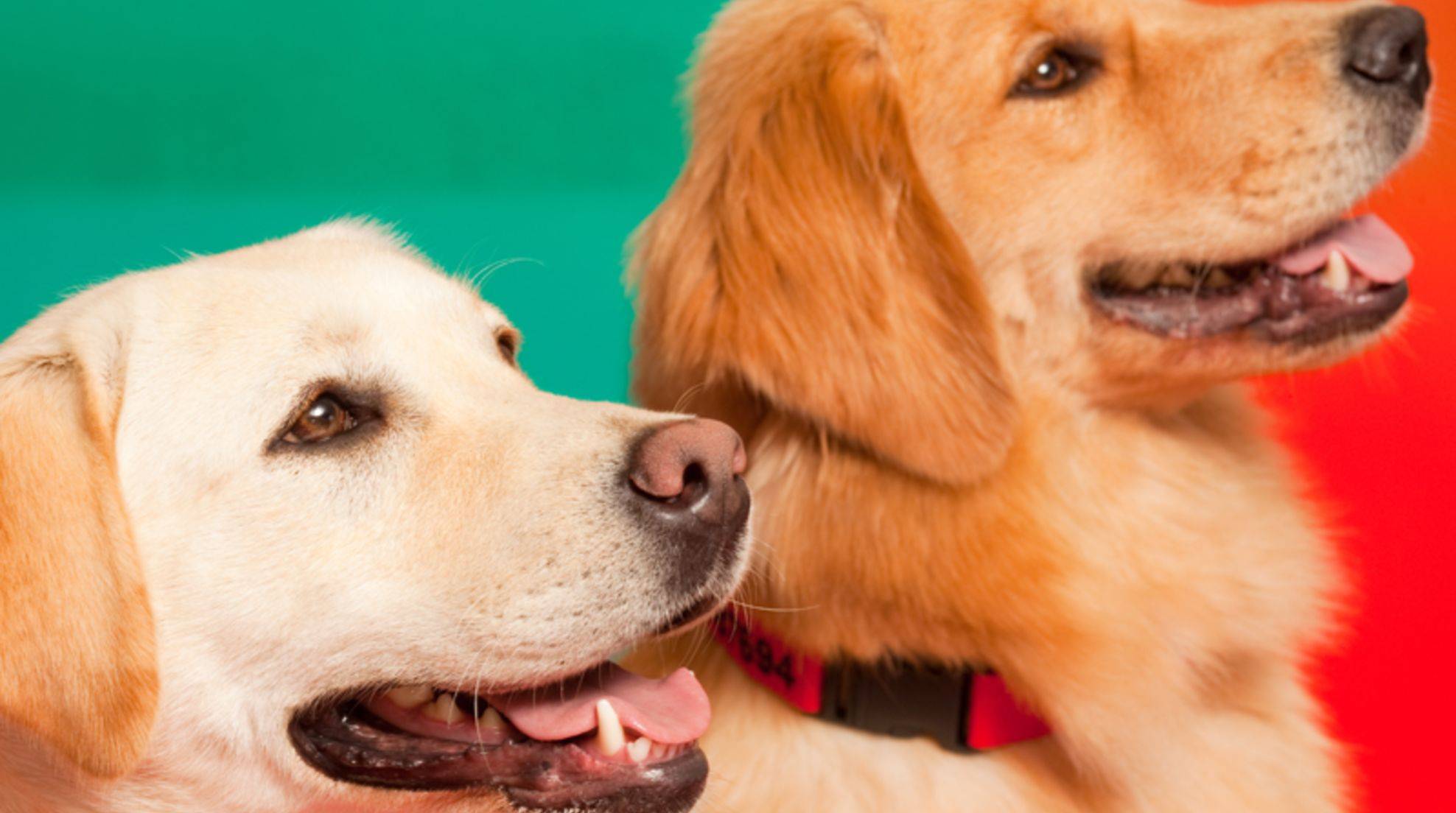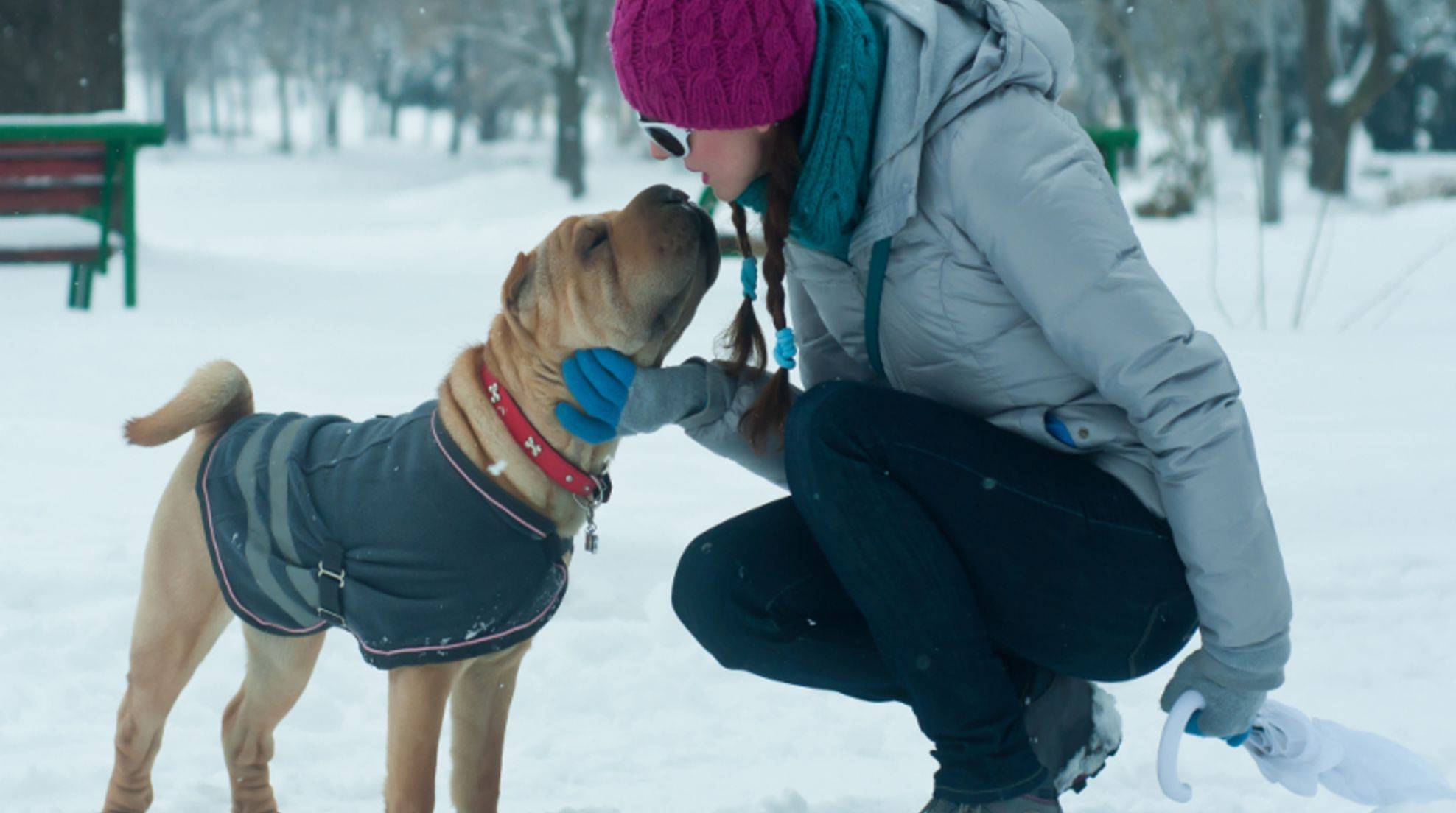Vitamins for the dog: health and defenses
A well-dosed supply of vitamins is essential for your dog’s metabolism. Vitamins strengthen the body’s defenses and support various natural processes such as the coat change. But what other functions do these healthy nutrients have and which foods contain them?
Usually, high-quality dog food already contains a balanced vitamin composition. If you nevertheless have the feeling that your darling is lacking something, it is best to ask your vet about requirements and dosage. It is important that your four-legged friend gets “real”, i.e. natural vitamins that have not been exposed to long processing routes or long storage times. These are usually of higher quality than synthetically produced vitamins in feed supplements.
Important difference: fat-soluble and water-soluble vitamins
Water-soluble vitamins can be easily absorbed by your four-legged friend, while fat-soluble vitamins are bound to fat as a means of transport. Fat-soluble substances include vitamins A, D, E and K. Vitamin A strengthens your dog’s immune system and eyesight. It ensures a healthy metabolism, is good for the skin and mucous membranes and is found in calf’s liver, spinach, carrots and egg. Vitamin D helps with calcium absorption and is important for bone structure. Fish, cod liver oil or egg yolks are particularly rich in vitamin D. Vitamin E, on the other hand, your dog gets from wheat germ oil; it has a positive effect on fertility, among other things. Vitamin K is important for healthy blood clotting and is normally produced in the dog’s large intestine.
Vitamins B, C and H: Water-soluble vitamins and their functions
The water-soluble B vitamins are divided into B1 for the nervous system, B2 for growth, protein and fat metabolism. B2 can be supplemented, for example, via brewer’s yeast or liver. Vitamin B6, which is also contained in brewer’s yeast but also ox heart, has a positive effect on blood formation. As a rule, you do not need to worry about vitamin C from fresh fruit and vegetables: It is formed by the dog itself. It is important for the immune system and strengthens connective tissue. Finally, vitamin H, also called biotin, is the vitamin for skin and hair. It is found in kidneys, liver and whole grain products.
Does my dog need vitamin supplements in his food?
Dogs’ vitamin needs depend on factors such as age, illness, weight and exercise. Talk to your veterinarian about your four-legged favorite’s vitamin needs. If your dog is getting high-quality complete food, supplementation with vitamin supplements is usually not necessary. An overdose of vitamins in dogs can even lead to symptoms of illness. Only if your dog suffers from a proven vitamin deficiency, for example due to malnutrition or an intestinal disease, vitamins can be added according to the veterinarian’s orders. Even if you make the dog food yourself and destroy many vitamins by cooking, an addition can be useful – but should also be discussed with the vet.








